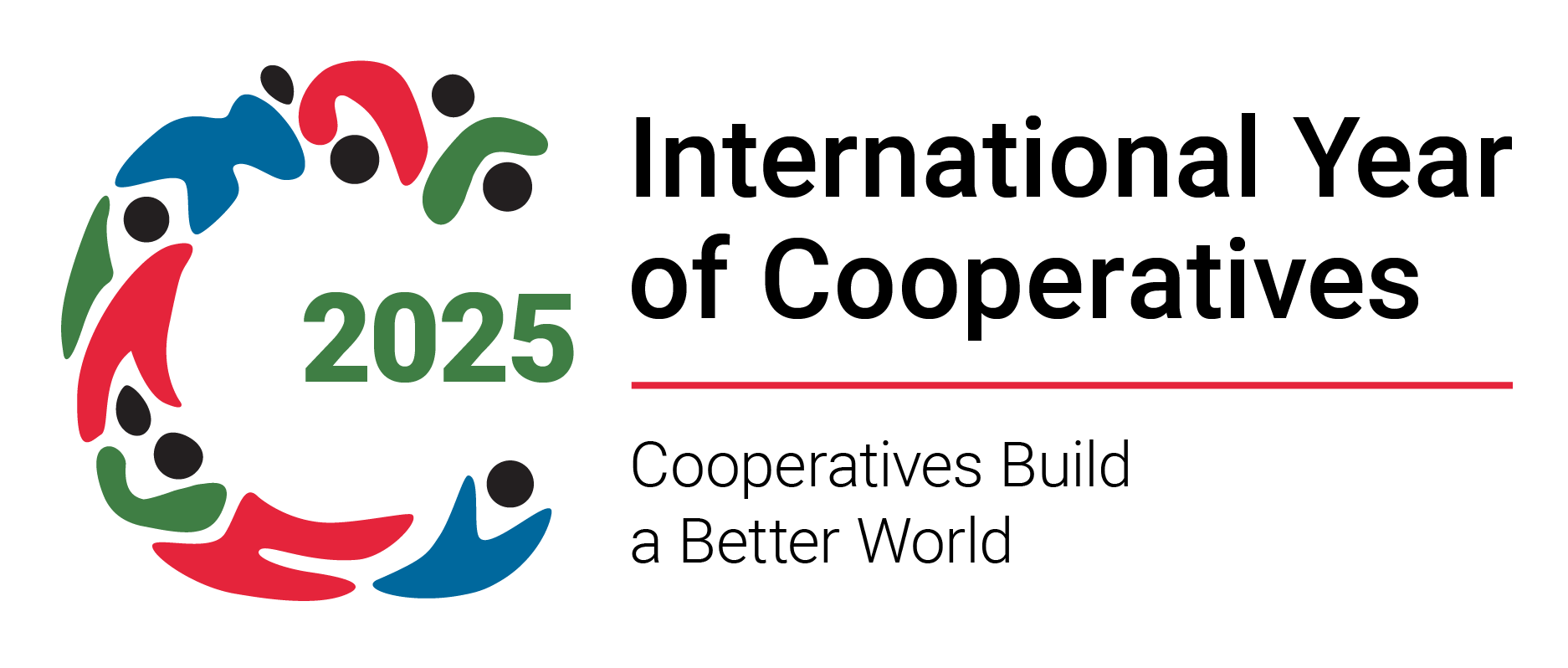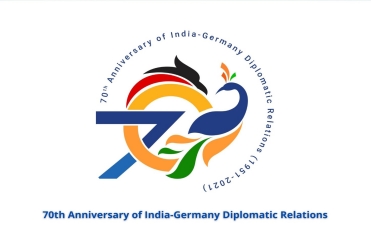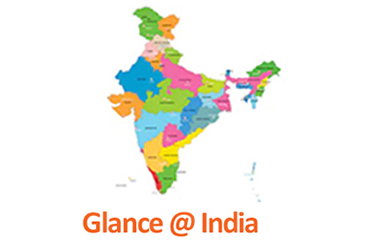- Home
- About Us
-
Consular Services
- Launch of e-Clearance for Afterlife Remains (eCARe) portal
- Instructions regarding entry into the consular Wing
- Reissue of International Driving Permit (IDP)
- Postal Applications
- Visa Services
- Passport Services
- OCI Information
- Renunciation of Indian Citizenship/Surrender Certificate
- Attestation,Consular and Misc.Services
- Weekly Open House
- MADAD - Consular Services Management System
- Indian Community Welfare Fund
- FAQs on Marital disputes involving NRI/PIO spouses

- Public Notices & Circulars
-
Embassy Wings
- Economic & Commercial Wing
- Contacts
- GI Digital Catalogue

- Overview of Indian Economy
- India-Germany Economic & Commercial Relations
- Doing Business in India
- Make in India

- Invest India

- Flagship Programs of Government of India

- Doing Business in Germany
- Trade Fairs
- Trade Dispute Advisory
- Foreign Investment
- Foreign Trade
- Newsletters

- Attestation of Documents

- Community Welfare
- Culture
- Information Wing/Media Center
- Science & Technology

- Political
- Consular
- Defence Wing
- Economic & Commercial Wing
- Media Center
- India-Germany Relations
- MIIM
- Useful Links
- Tenders
German Investment in Renewable Energy on the Upswing: Indo-German Energy Forum meets in Berlin
29 September 2016
German Investment in Renewable Energy on the Upswing: Indo-German Energy Forum meets in Berlin:
1. The 7th session of Indo-German Energy Forum (IGEF) and related Round Table Meetings are taking place in Hamburg and Berlin from 27-30 September, 2016.German companies are looking at the energy opportunities in India in a big way. Two companies Senvion and Uniper- have already invested in India as a part of the Make in India MittlestandProgramme. A greater focus on attracting more such companies and to enhance the development cooperation segment in the field of energy, including renewable energy, were discussed in the meetings of the Indo-German Energy Forum.
Embassy of India, Berlin and FICCI have decided to jointly organize a Business Session in the sidelines of these meetings in the Embassy. A large number of German business representatives were present on the occasion, which was essentially a panel discussion onBusiness Models for Future Energy Utilities. The panel discussion was chaired by Shri Aniruddha Kumar, Joint Secretary (Thermal), Ministry of Powerand and Mr. Santosh Vaidya, Joint Secretary, Ministry of New and Renewable Energy. Mr. K.K. Sharma, Director (Operations), NTPC Limited, Mr. S.K. Soonee, CEO, POSOCO, Mr. T.R. Kishore Nair, COO, Welspun Energy Limited also took part in the discussions. All other members of the Indiancontingent participating in the IGEF led by Secretary, Ministry of Power Shri P.K. Pujari and comprising of representatives from the Ministry, Public Sector undertakings andIndustry also attended the event.
2. In his opening addressAmbassador of India to Germany, H.E. Gurjit Singhhighlighted the importance of IGEF and urgedmore German companies to use this platform to engage with India. He pointed out that a closer cohesion between development cooperation efforts and consequent emergence of B2B links and FDI, were the focus of Embassy's work. Shri Singh said that concurrent with the commitments made by Government of India following the COP21 in Paris last year, ambitious plans have been announced for large scale renewable energy capacity addition in India's power system. At the same time, there has been acceleration in progress of renewable energy technologies and costs are dropping each year. While some challenges still prevail like lack of reliable energy storage technologies, high initial capital costs, perceived technology performance uncertainty and transmission infrastructure, the movement towards renewable is here to stay. Every country is in different level of development and close cooperation with each other is the key to successful implementation of the deliverables. He said India has the will but it requires the wherewithal, especially in terms on finance and technology and Germany being the world leaders in terms of technology, their support in these areas would help India achieve the desired objectives. The Ambassador also thanked everyone present for their wholehearted participation and making the event a success.
3. Initiating the discussions, the Panel Chairs said that in view of presence of the target companies from German side in IGEF, FICCI has proposed this Panel Discussion on "Emerging Business Models for Future Utilities" and they would like to facilitate this discussion and focus on following learnings from German experiences:
Future of Utility Model
- Experience of German Utilities RWE, EON
- New paradigm of distribution planning to factor in energy efficiency improvements, distributed generation, EV charging, integrated storage solutions and peer-to-peer trading
- Impact of prosumers offering alternative service delivery model on business fundamentals
- Emerging model of last mile service delivery and emphasis on value-added services to protect margins
- Case for separation of wires and supply functions and evolving role of retail service providers
4. In course of the discussions the panelists felt that the biggest impact of this energy transition is going to be on electricity utilities in India. For a distribution utility, the challenges inter alia of following nature are immense:
- Accurately forecast energy needs to meet 24*7 power for all taking into account needs for peak, off-peak, seasonal, round the clock timeframes;
- Plan a supply portfolio that does not hamper their already fragile financial health while ensuring supplies to match demand
- Meeting renewable energy obligations and moving on a pathway of clean energy
- Undertaking utility-driven demand side management and adopting more and more energy efficiency measures
- Adopt and adapt to technologically advance smart meters etc.
- Gear up for incorporation of rooftop solar, net metering etc.
While concurring on the point that themeasures to meet challenges are going to disturb the traditional business models of energy utilities, they felt that there will be a need for the utilities to reinvent themselves. Germany has already witnessed such transition and has learnt lessons and come to operate the grid efficiently and effectively. India, as it moves on the path of such energy transitions, can share its own ideas and also draw learning from German experiences.
****************************


























